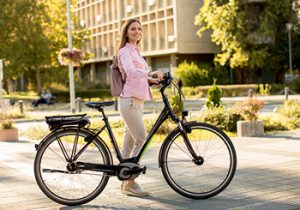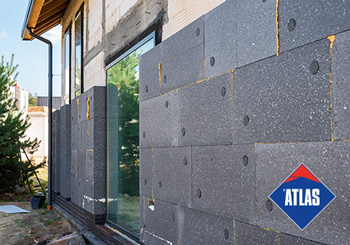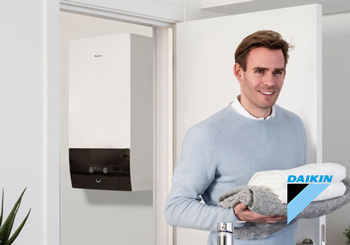Energy Company Obligation (ECO) 3 is out in full force and the government’s more determined than ever to eradicate fuel poverty through its Affordable Warmth Scheme.
So focused in fact, that the Carbon Emissions Reductions Obligation (CERO) was dropped from ECO3 entirely, allocating 100% of ECO3’s funding to the Affordable Warmth Scheme. To put that into context, the Affordable Warmth Scheme previously took up 70% of ECO2t’s budget, which roughly amounted to £450m per year in free boiler schemes and home insulation solutions.
The number of properties that can be upgraded with heating and insulation measures will inevitably rise in parallel to this massive influx of funding. To increase its delivery rates, the Affordable Warmth Scheme’s eligibility criteria has been expanded. Child benefit and Disability benefits have been added to the current eligibility criteria as seen below.
ECO3 Qualifying Benefits:
- Pension Guarantee Credit
- Income-related Employment and Support Allowance (ESA)
- Income-based Jobseeker’s Allowance (JSA)
- Income Support
- Severe Disablement Allowance
- Tax Credits (Child Tax Credits and Working Tax Credits)*
- Universal Credit*
- Child benefit*
- Disability Benefits (specific benefits listed below)
Social Housing properties with EPC ratings of E, F or G can qualify for ECO funding regardless of the resident’s benefits eligibility. The measures available however, are limited to insulation and first time central heating systems.
*Additional conditions are required to qualify for ECO grants. See details below.
| Department of Work and Pensions Benefits | Ministry of Defence Benefits |
|
|
Additional Conditions for Child Benefit
To qualify for ECO grants using Child Benefit, your annual gross income from all sources before taxes must be below or equal to the following criteria:
| Number of children* | 1 | 2 | 3 | 4 |
| Single claimant income* | ≤ £18,500 | ≤ £23,000 | ≤ £27,500 | ≤ £32,000 |
| Couple combined income* | ≤ £25,500 | ≤ £30,000 | ≤ £34,500 | ≤ £39,000 |
*The children must be under 16 years old and living in the property. The age requirement can be increased to below 21 years of age if they are in approved education or training.
*Income is determined based on the preceding annual tax year which runs from the April to 5th April of the following year.
Additional Conditions for Working Tax Credit or Child Credit
To qualify for ECO grants using Tax Credits, your annual gross income from all sources before taxes must be below the following criteria:
| Number of children* | 0 | 1 | 2 | 3 | 4 |
| Single claimant income* | < £13,200 | < £17,400 | < £21,600 | < £25,800 | < £30,000 |
| Couple combined income* | < £19,800 | < £24,000 | < £28,200 | < £32,400 | < £36,600 |
*The children must be under 16 years old and living in the property. The age requirement can be increased to below 21 years of age if they are in approved education or training.
*Income is determined based on the preceding annual tax year which runs from the April to 5th April of the following year.
Additional Conditions for Universal Credit
To qualify for ECO grants using Universal Credit, your monthly gross income from all sources before taxes must be below the following criteria:
| Number of children* | 0 | 1 | 2 | 3 | 4 |
| Single claimant income* | < £1,100 | < £1,450 | < £1,800 | < £2,150 | < £2,500 |
| Couple combined income* | < £1,650 | < £2,000 | < £2,350 | < £2,700 | < £3,050 |
*The children must be under 16 years old and living in the property. The age requirement can be increased to below 21 years of age if they are in approved education or training.
These ECO3 eligibility changes will potentially add 1.8 million households to the list of grant eligible properties. Even if you aren’t a recipient of any of the above benefits, there’s still another way to claim an energy efficiency grant. Read more about it here: ECO3’s Flexible Eligibility Scheme








